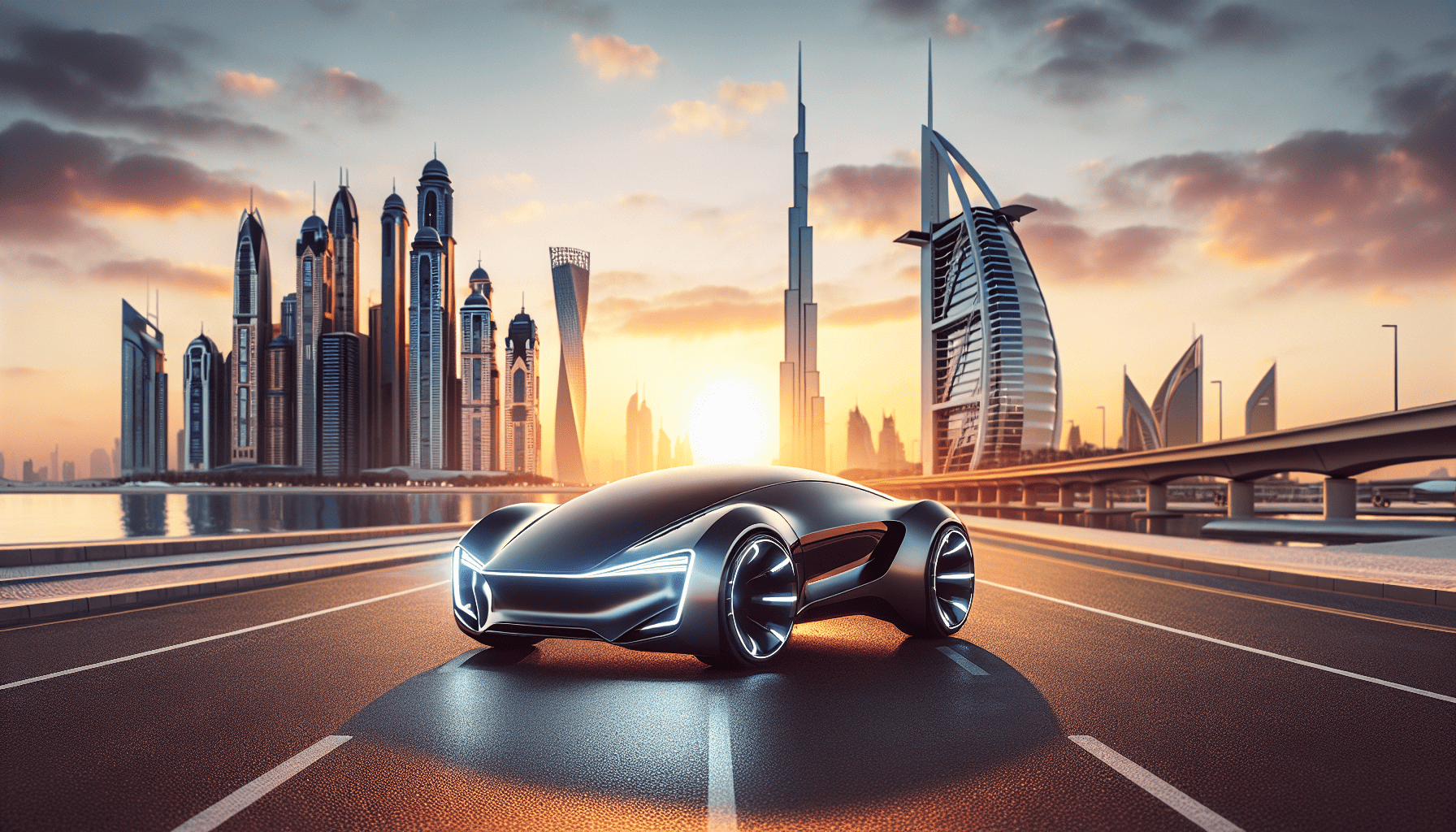The United Arab Emirates (UAE), renowned for its cutting-edge architecture and rapid adoption of technological advancements, is once again positioning itself at the forefront of innovation with its ambitious vision for integrating smart vehicles into its transportation infrastructure. This initiative, which aligns with the UAE's broader objectives of sustainability and smart city development, promises to transform the landscape of travel and elevate the nation as a global leader in technological adoption.
At the heart of this vision lies the integration of autonomous vehicles, electric cars, and hyperloop systems, which are set to revolutionize both urban and intercity transport. The UAE government has been proactive in establishing a regulatory framework that not only supports but encourages the development and testing of these advanced transportation solutions. This commitment ensures that the nation remains a pioneer in smart vehicle innovation, attracting global tech partners and investments.
One of the key components of the UAE’s strategy involves the widespread adoption of electric vehicles (EVs). By reducing the reliance on traditional combustion engines, the country aims to lower carbon emissions and promote clean energy. Initiatives such as the installation of extensive charging networks and incentives for EV ownership are already underway, paving the way for a greener, more sustainable future. Additionally, significant investments in renewable energy sources, like solar power, support this transition and ensure that the growth in EV use is environmentally friendly.
Autonomous vehicles (AVs) are another pillar of the UAE's transportation transformation. With the bustling city of Dubai leading the charge, the emirate has set a benchmark goal to have 25% of all trips within the city conducted via autonomous modes of travel by 2030. This shift is expected to reduce traffic congestion, enhance road safety, and provide uninterrupted, flexible travel options for residents and tourists alike. Trials for driverless taxis and buses are already in progress, showcasing the UAE's readiness to embrace technology that was once considered futuristic.
Furthermore, the UAE's commitment to innovative travel solutions extends beyond its cities. The hyperloop project, a collaboration with the visionary company Virgin Hyperloop, aims to connect major urban centers such as Abu Dhabi and Dubai in record time, dramatically reducing the travel duration to a fraction of the current time taken by conventional means. This high-speed transportation system promises not only to enhance connectivity within the UAE but also sets the stage for regional integration with neighboring countries, opening new avenues for economic growth and cooperation.
The success of these ambitious projects hinges on a robust infrastructure, and the UAE is leaving no stone unturned in creating a technological haven. State-of-the-art road networks, smart city infrastructure equipped with IoT technologies, and government-backed data platforms are all being implemented to support the seamless integration of smart vehicles. Public-private partnerships are playing a crucial role in this transformation, combining the resources and expertise necessary to realize this vision.
As we look ahead, the UAE's endeavors in integrating smart vehicles into its transportation framework reflect a broader narrative of what is possible when vision, innovation, and commitment converge. By setting a global standard in smart mobility, the UAE is not only enhancing the quality of life for its citizens but also preparing its economy for the demands of a future that values sustainability, efficiency, and technological prowess. The vehicles of tomorrow are no longer a distant concept – in the UAE, they are swiftly becoming a reality.
